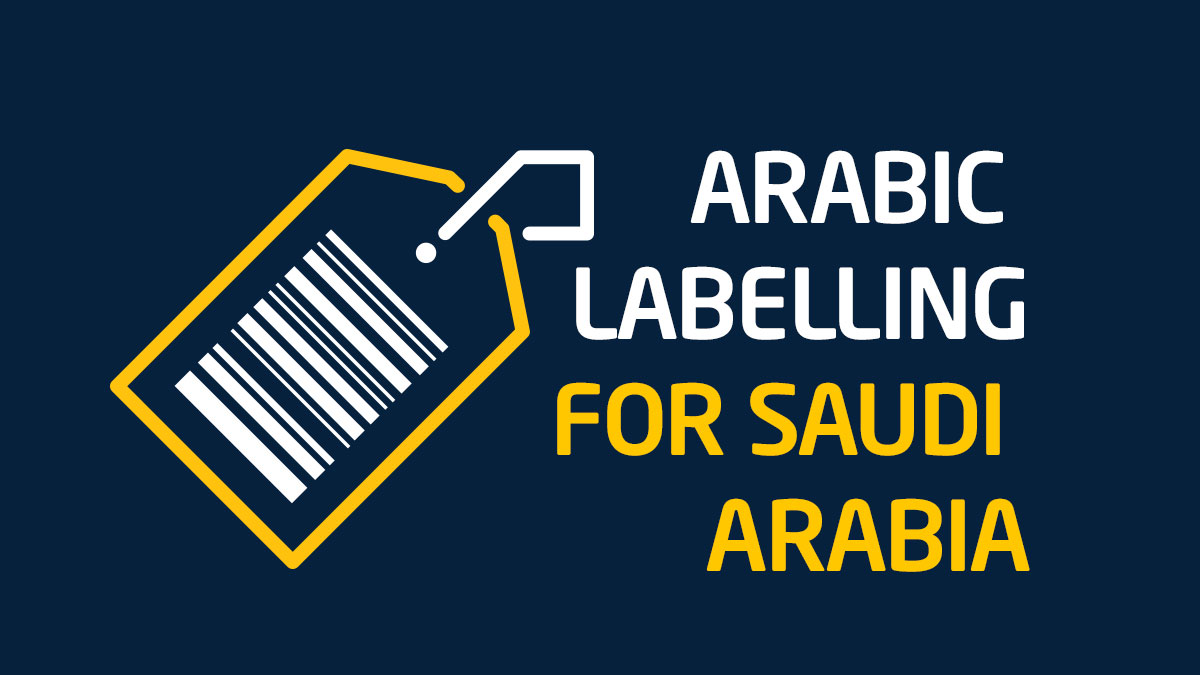Exporting to Saudi Arabia? Meet the requirements of the Saudi Standards, Metrology and Quality Organisation (SASO) the Saudi Product Safety Programme (SALEEM) and SABER.
The Saudi Product Safety Programme (also referred to as SALEEM) is facilitated by SASO which has issued Technical Regulations for certain critical products such as lube oils, detergents, building materials and construction products, paints, lifts, vehicle spare parts, and textiles based on their nature, application, safety, and performance aspects. The purpose of these Technical Regulations is to identify products with similar characteristics and to list all the requirements applicable to these products under one regulation. The primary objective of this regulation is to safeguard consumers from non-conforming or hazardous products while at the same time establishing that the products comply with the regulatory requirements and the Islamic Sharia. Products within the scope of these Technical Regulations are termed as Regulated Products. The Technical Regulations include legal clauses that empower the Regulatory Bodies and Market Surveillance Authorities to continuously assess the Regulated Products and if found non-compliant initiate penalties, fines, etc. on those Suppliers who have placed these products in the KSA marketplace. The Technical Regulations issued by SASO include various product certification schemes in accordance with the ISO/IEC 17067 standard.
The Saudi Product Safety Programme includes a two-stage certification process namely Product Certification and Shipment Certification of Regulated Products exported to the Kingdom of Saudi Arabia. To facilitate this certification process, SASO has approved Certification Bodies (CBs) such as Intertek for the various geographical regions (Asia and Australia, Europe, North and South America and Middle East and North Africa (MENA)) to issue the Product Certificate of Conformity (Product CoC) and Shipment Certificate of Conformity (Shipment CoC) for these Regulated Products.
In January 2019, the SABER Platform was launched to support the Saudi Product Safety Programme for certain Technical Regulations and has been progressively updated to cover all Technical Regulations in a phased manner.
The Conformity Assessment Process for the Regulated Products is a two-stage process:
Stage 1: Issuance of Product Certification of Conformity (PCoC)
The PCoC is issued for every regulated product as per the applicable product standards defined in relevant Technical Regulations. The PCoC is valid for a period of one (1) year. To facilitate the product registration on SABER, our office in KSA is ready to assist the importers to register their products on their behalf.
- Request for Product Certificate of Conformity (PCoC) by Importer.
- Entry of Product Details in the system based on KSA Customs Tariff Code
- Selecting of Certification Bodies (CBs) such as Intertek
- Payment of PCoC Fees
- Conformity Assessment and entry of substantiating Documents/Verification Results by Intertek
- Issuance of PCoC from the system
Stage 2: Issuance of Shipment Certificate of Conformity (SCoC)
Every regulated product included in the shipment will be verified whether a valid PCoC exists for that product and, if found to be true, will be issued with the SCoC. The SCoC is valid for that specific shipment only.
- Request for Shipment Certificate of Conformity (SCoC) by Importer
- Payment of SCoC Fees
- Verification and confirmation of valid PCoC for the product by Intertek
- Issuance of SCoC from the system
Importers must register online on the SABER platform to obtain PCoC and SCoC. Intertek is accredited for most of the Technical Regulations in the Europe, MENA, Americas, and Asia regions and Importers can select one of Intertek’s four (4) Accredited Offices to facilitate Conformity Assessment and Certificate issuance. Our expert team has the required technical competencies to provide full support in this regard.
Related Information
- CoC Requirements for Export of Cosmetics and Perfumes to Saudi Arabia
- CoC and Marking Requirements for Exports of Electricals to Saudi Arabia
- Saudi SALEEM Programme FAQ
- Saudi Electric Vehicles Programme FAQ
- Exporting Cosmetics and Perfumes to Saudi Arabia | On-Demand Webinar
- Saudi Arabia Quality Mark - SASO
- Certification Services for Importers in Saudi Arabia
- Certificates of Conformity and Pre-Shipment Inspection Services for Exporters in North America
- Exporting to the Middle East
- Saudi Arabia Petroleum and Chemical Testing
Suggested topics:


